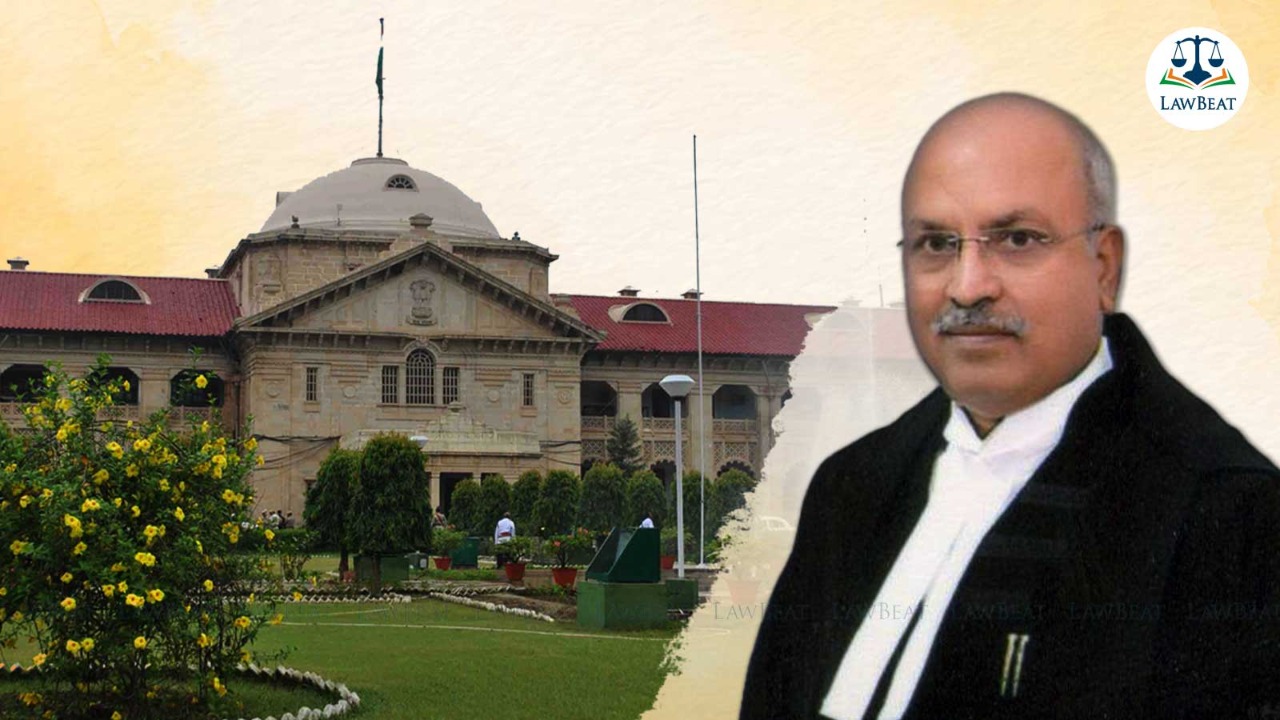Allahabad High Court dismisses appeal filed by man convicted in 1992 for mutilating private parts of 4-year-old girl

The Sessions Judge had convicted and sentenced accused-appellant Ishrat to three-year imprisonment in 1992 in the case where the private parts of the victim child were mutilated with a blade. Ishrat was on bail.
The Allahabad High Court recently dismissed an appeal moved against a judgment passed in year 1992, convicting a man who had mutilated the private parts of a minor girl. The Trial Court had awarded the man 3-year imprisonment.
The bench of Justice Krishan Pahal observed, "The offence committed by the appellant by mutilating the private part of the minor girl cannot be termed as an act of a person of normal virtues. The said offence has been committed out of severe sexual lust and sadistic approach. The appellant does not deserve any kind of leniency...".
However, while upholding the conviction and the sentence awarded, Justice Pahal expressed displeasure over the conduct of the State in not appealing against the lenient sentence awarded to the convict.
He said, "It is a very sorry state of affairs that the State has not preferred any appeal against the leniency observed by the learned Trial Court in sentencing the appellant to such a short term. The lethargy of the public prosecutor is highly deplorable."
In 1988, a man filed a written report that his minor daughter aged about 4-5 years had gone to the house of one of the neighbours to play and after some time some people of the locality brought her home in a blood-soaked condition from the fields nearby. It was alleged that some unknown person had assaulted her private parts with a blade.
After the investigation, accused Ishrat was arrested and chargesheet was filed against him. The Trial Court convicted Ishrat in the year 1992 under Section 324 of the Indian Penal Code (IPC) and sentenced him to three years of imprisonment. He was also convicted under Section 354 IPC and sentenced to two years of imprisonment. Both sentences were to run separately.
In the appeal against the trial court's decision, Amicus Curiae, appearing for Ishrat, argued before the High Court that there was an unexplained delay of 6 hours in the filing of the FIR, and Ishrat was not named in it.
The Amicus further contended that there were several contradictions in the statements of the prosecution witnesses and no chemical testing was done on the blood-soaked frock of the victim. Therefore, stating that the offence was of the year 1988, she argued that Ishrat was entitled to acquittal.
However, Court found that the case stood proved beyond any reasonable doubt by the statement of the prosecution witnesses and the medical evidence adduced.
Therefore, stating that there was no merit in the appeal, Court dismissed it and cancelled the bail bonds of Ishrat and asked him surrender before the court below to serve out his remaining sentence.
Case Titel: Ishrat v. State
